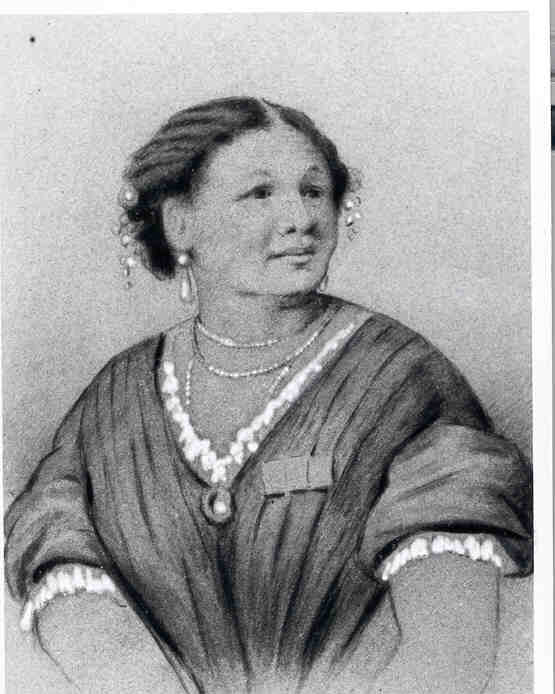Mary Seacole (1805 - 1881)
Seacole was a pioneering nurse and heroine of the Crimean War. Born in Kingston, Jamaica, in 1805, she learned her nursing skills from her mother who kept a boarding house for invalid soldiers.
Her father was a Scottish military officer and her mother a Jamaican mulatto. In 1826, she married Edward Seacole. Although technically 'free' being of mixed race, Seacole and her family had few civil rights - they could not vote, hold public office or enter the professions.
With her husband she travelled around other Caribbean islands, including Cuba, Haiti and the Bahamas, as well as mainland America and England. On these trips she complimented her traditional knowledge with European medical ideas, recounting her exploits in The Wonderful Adventures of Mrs Seacole in Many Lands.
In 1854 Seacole travelled to England and approached the war office to ask to be sent as an army nurse to the Crimea. Because of her ethnicity she was refused interviews with the war office and Elizabeth Herbert, the wife of the secretary of state for war who was recruiting nurses. Undaunted Seacole funded her own trip to the Crimea where she established the British Hotel near Balaclava to provide 'a mess-table and comfortable quarters for sick and convalescent officers'. On the battlefield she nursed the wounded and was known as 'Mother Seacole'.
After the war she returned to England destitute and in ill health. The press highlighted her plight and money was raised through a grand military festival held over four nights at the Royal Surrey Gardens. The festival attracted thousands of people and was supported by lords, military commanders and almost a thousand artistes. She was awarded the Crimean Medal, the French Legion of Honour and a Turkish medal.
In comparison to Florence Nightingale, Seacole did not come from a wealthy middle class background or have any formal training. Not only did she suffer from the restrictions placed on women at the time but she was also hindered in her nursing career by the colour of her skin. Despite these prejudices, she established herself as a pioneer of the nursing profession. She died in 1881.










